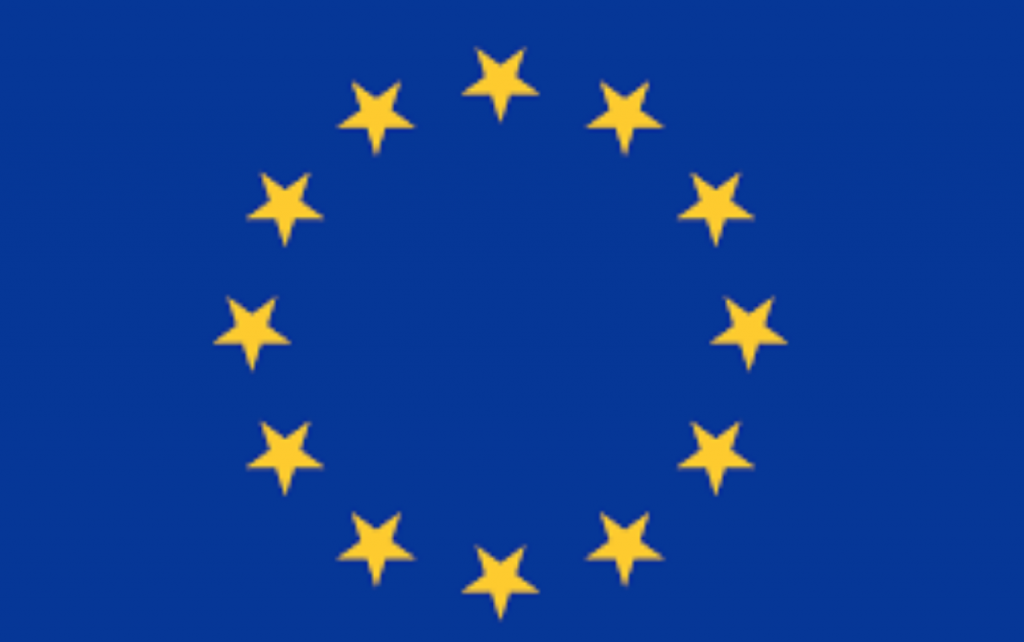
Experience shows that Europe is not afraid to dish out fines to tech companies. Amazon was fined €746 million ($775 million) in 2021 for breaching the GDPR, and Google was fined €4.3 billion ($4.5 billion) in 2018 for breaching the bloc’s antitrust laws.
EU’s AI Act Represents First Serious Effort to Reign in High Tech Cheaters
We were intrigued by a headline that shouted about the most important AI law we ever heard of. It’s called the AI Act and is a courtesy of the European Union.
An article we found at technologyreview.com is an eye-opener, to say the least. The piece was written by Melissa Heikkiläarchive and she gives such detail regarding the legislative process of the EU. She covers every angle of how this might affect the U.S. tech giants.
“It’s a Wild West out there for artificial intelligence,” the story begins. “AI applications are increasingly used to make important decisions about humans’ lives with little to no oversight or accountability. This can have devastating consequences: wrongful arrests, incorrect grades for students, and even financial ruin. Women, marginalized groups, and people of color often bear the brunt of AI’s propensity for error and overreach”.
The European Union’s solution is the mother of all AI laws: the AI Act. It’s the first law that aims to curb these harms by regulating the whole sector. If the EU succeeds, it could set a new global standard for AI oversight around the world
Major Changes Ahead
The AI Act would require extra checks for “high risk” uses of AI with the potential to harm people, including systems used for grading exams, recruiting employees, or helping judges make decisions about law and justice. The first draft of the bill also includes bans on uses of AI deemed “unacceptable,” such as scoring people on the basis of their perceived trustworthiness.
Tech companies that don’t follow the EU’s rule face serious penalties. So far the law is clear about what it will and will not put up things like deepfakes, biometric recognition systems, or AI applications that claim to be able to read their emotions. Lawmakers are also debating whether the law should set up a mechanism for people to complain and seek redress when they have been harmed by an AI system.
The European Parliament, one of the EU institutions working on amending the bill, is also pushing for a ban on predictive policing systems. Such systems use AI to analyze large data sets to deploy police to crime-prone areas or to try to predict a person’s criminality. These systems are highly controversial, and critics say they are often racist and lack transparency.
Currently, the United States has zero federal laws regarding the issues addressed by the EU. Who is leading who these days? But there is movement in the U.S. Congress in line with this EU bill.
“U.S. companies, in their compliance with the EU AI Act, will also end up raising their standards for American consumers with regard to transparency and accountability,” says Marc Rotenberg, who heads the Center for AI and Digital Policy, a nonprofit that tracks AI policy.
The article has a great deal of information regarding how the bill will affect those outside the EU and just how severe penalties will be. That is still being negotiated. But rumors have mentioned a penalty of 6% of profits.
It will be at least another year before a final text is set in stone, and a couple more years before businesses will have to comply. There is a chance that hammering out the details of such a comprehensive bill with so many contentious elements could drag on for much longer. The GDPR took more than four years to negotiate, and it was six years before it entered into force. In the world of EU lawmaking, anything is possible.
read more at technologyreview.com







Leave A Comment